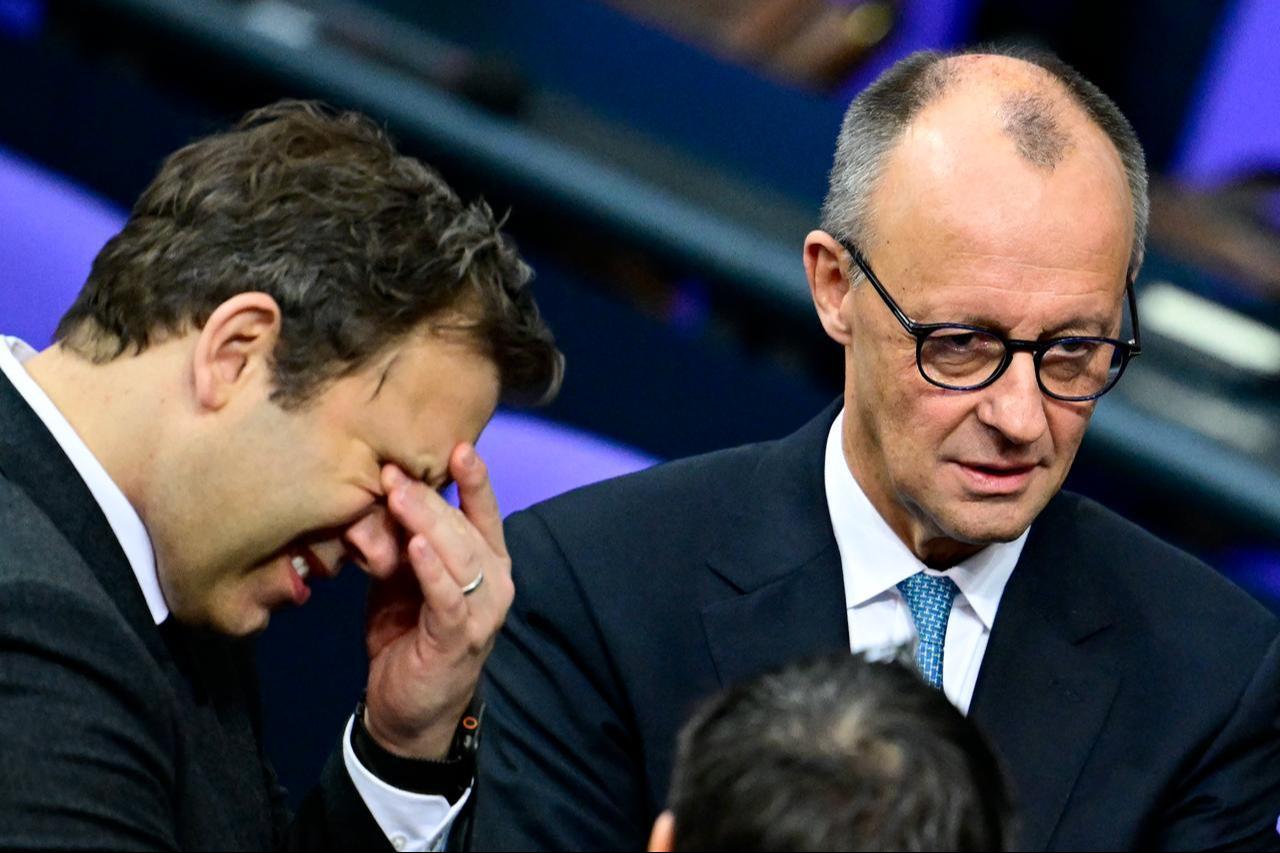
Germany’s modest return to growth may falter unless broader structural reforms accompany its expanded public spending, the International Monetary Fund (IMF) said Wednesday, urging Berlin to look beyond fiscal stimulus and address long-term economic constraints.
Following a staff visit, the IMF noted that Germany’s relaxation of its self-imposed debt brake—alongside increased investment in infrastructure and defense—has opened fiscal space for recovery. However, it stressed that the impact of this shift hinges on the implementation of structural reforms.
To translate stimulus into lasting momentum, the fund called for urgent action to reduce regulatory burdens, promote innovation and digitalization, alleviate labor shortages, and deepen integration within the European economy.
IMF stressed that the country's fiscal deficit is projected to widen to approximately 4% of gross domestic product (GDP) by 2027, while debt is expected to rise to around 68% of GDP. Despite these increases, the country will continue to hold the lowest debt-to-GDP ratio among the G7 economies.
The IMF expects Germany’s real GDP to expand by 0.2% in 2025, before picking up to 0.9% in 2026 and 1.5% in 2027, driven by gradual increases in investment and consumption. However, the report cautioned that these projections assume parallel efforts to improve the economy’s structural efficiency.
Germany’s newly acquired fiscal flexibility must be used wisely to bolster its long-term productive capacity. Without meaningful reforms, the risk remains that higher spending alone will not be enough to reinvigorate growth, the fund said.

Germany’s economy posted zero growth in the third quarter of 2025, following a 0.3% contraction in the previous quarter, according to the federal statistics office Destatis. On a year-on-year basis, the economy grew by just 0.3%. Weak export performance was cited as a major drag on economic activity, while household consumption also declined—its first fall since late 2023. Government spending, on the other hand, rose 0.8% from the previous quarter, providing some support.
Despite widespread political agreement on the need for increased investment, critics of Chancellor Friedrich Merz’s government have questioned the pace and direction of its economic agenda, arguing that public funds are being released too slowly or misallocated, with insufficient focus on long-term competitiveness.
Responding to such concerns, Merz said this week that turning around the German economy will take time. Speaking at an event organized by the BDA employers’ association, he stated, "Germany is not a speedboat, Germany is a large ship. A tanker of this size cannot be turned around in a matter of days."
Germany’s economic difficulties have been exacerbated by external factors such as the energy shock triggered by the war in Ukraine and rising competition in core manufacturing sectors, particularly from China. Additional trade tensions with the United States, its largest export market, have further complicated the outlook.